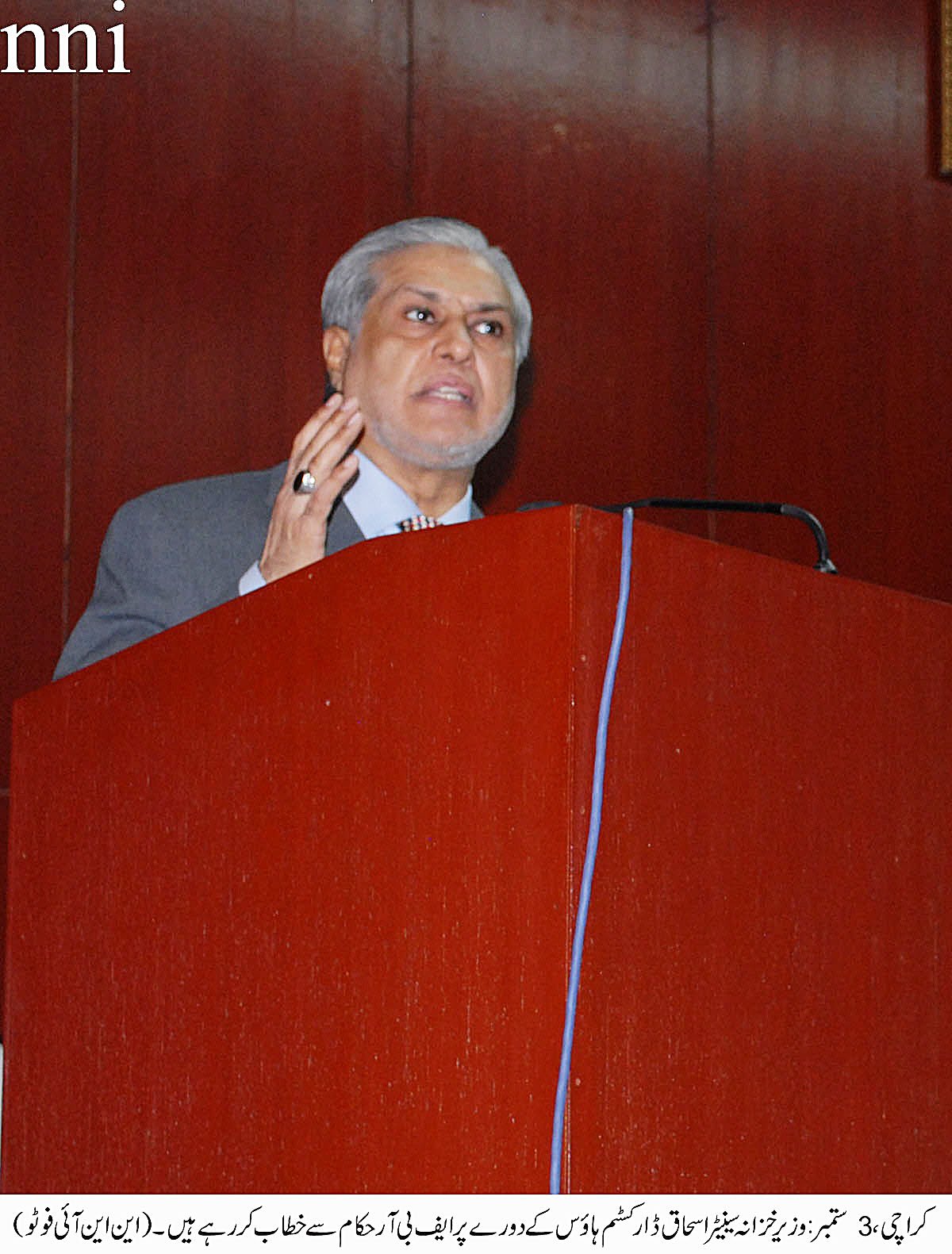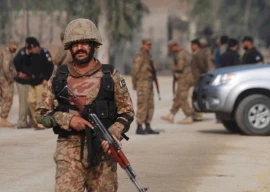
“During peak evening hours, between 5 pm and 11 pm, if the agricultural sector does not get electricity, it does not matter,” he told reporters at a press briefing in Islamabad on Thursday, before adding that during discussions with the IMF over the latest programme, the lending body had complained that the metering system in Pakistan checked the units spent over a certain period of time.
“The peak hour slab, according to which they are billed, agriculture will not be given electricity and the regular slab won't be applicable. Instead a reduced slab inclusive of General Sales Tax (GST) will cost them Rs10.5 per unit.”
Dar added that per government calculations of the new rates, a subsidy of Rs23 billion will have to be given to the sector while a loss in GST worth Rs6 billion will also have to be bourne. The new tariff will be fixed till June 30, 2014.
It is unfortunate they only contribute 24% of the GDP, lamented Dar. He further complained that when the PML-N government left in 1999 the support price was raised from Rs625 and this in turn caused inflation to go up.
Dar defends IMF loan
The Finance Minister defended the third programme that the government has sought from IMF saying that the $6.64 billion loan was a “better package” brought on by negotiating by the government.
“The agreement took place in an amicable manner though it did take a good many hours to conclude.”
He added that IMF will provide the loan in 10 instalments by June 30, 2014. The most important of this is the first tranche worth over $500 million which will help bolster the foreign exchange reserves which dipped below $10 billion due to a payment of $800 million to the IMF recently.
COMMENTS (1)
Comments are moderated and generally will be posted if they are on-topic and not abusive.
For more information, please see our Comments FAQ
1732090022-0/Elmo-and-Amelia-(1)1732090022-0-405x300.webp)
1725523665-0/Minecraft-Movie-(1)1725523665-0-165x106.webp)

1732089759-0/BeFunky-collage-(75)1732089759-0-165x106.webp)


1724268870-0/Supreme-Court-of-Pakistan-(2)1724268870-0-270x192.webp)



1732085810-0/Copy-of-Untitled-(51)1732085810-0-270x192.webp)






The definition of better package evolves with every regime.